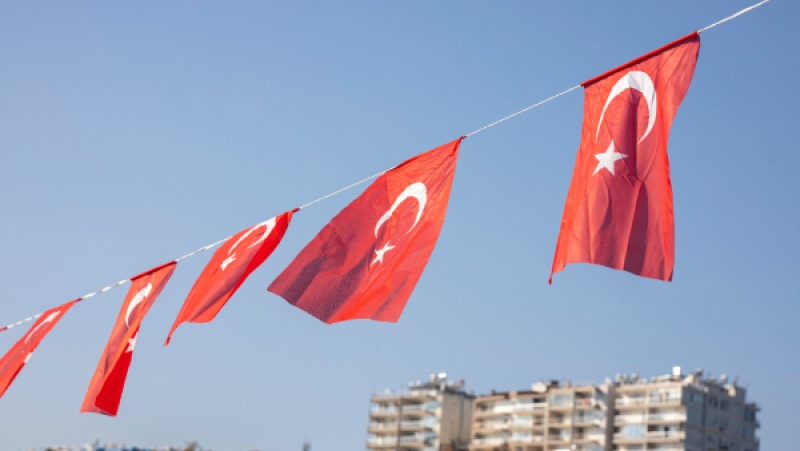Have Turkey's Business Barons Discovered Democracy?
By Barış Soydan
December 6, 2021
For the second time since its founding in 1971, Turkey’s leading business organization has confronted a Turkish government and called on it to reverse its policies. On the face of it, TÜSİAD is carrying the banner of democracy. However, its pleas for democracy ring hollow. What TÜSİAD deplores is not so much authoritarianism as economic instability. TÜSİAD would hardly endorse an expansion of democracy and strengthening of democratic rights that imperil the primacy of neoliberal capitalism.
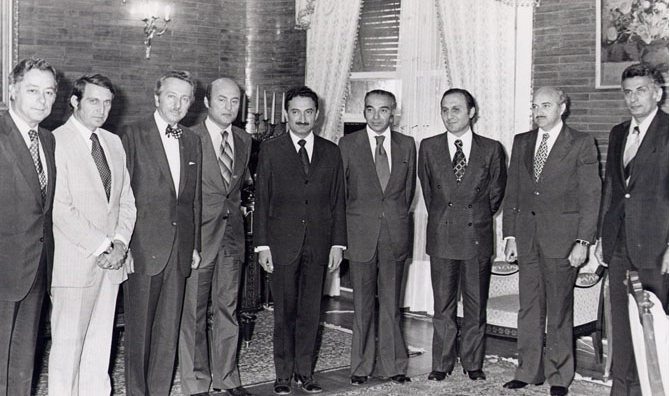
Defying Russia: Turkey Boosts Ties with Poland and Ukraine
By Natalia Konarzewska
August 16, 2021
Turkey is strengthening its military cooperation with Poland and Ukraine. Poland has recently acquired a batch of Turkish Bayraktar TB2 armed drones. The emerging Turkish-Polish-Ukrainian axis is a powerful demonstration of Turkey’s determination to defy Russia. Turkey seeks to placate the United States and to prove its usefulness for the Western alliance in the Second Cold War with Russia.
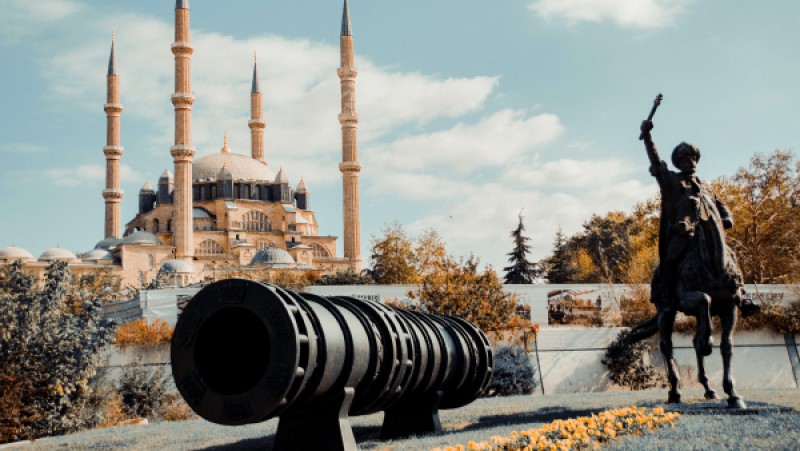
Five Years after July 15: Erdogan’s New Turkey and the Myth of Its Immaculate Conception
By Gareth Jenkins
July 15, 2021
Five years after the July 15-16, 2016, failed coup attempt that enabled Turkish President Recep Tayyip Erdoğan to consolidate his authoritarian rule, many of the questions about what happened that night remain unanswered. Nevertheless, the regime’s narrative about the putsch has become the foundation myth for what Erdoğan and his supporters claim is the emergence of a “New Turkey” – the global defender of the world’s Muslims and a regional superpower, which is constantly thwarting Western plots to undermine it. But not only is this narrative deeply flawed but it is clear that the regime is hiding something. The only question is whether it is complicity, incompetence or both.
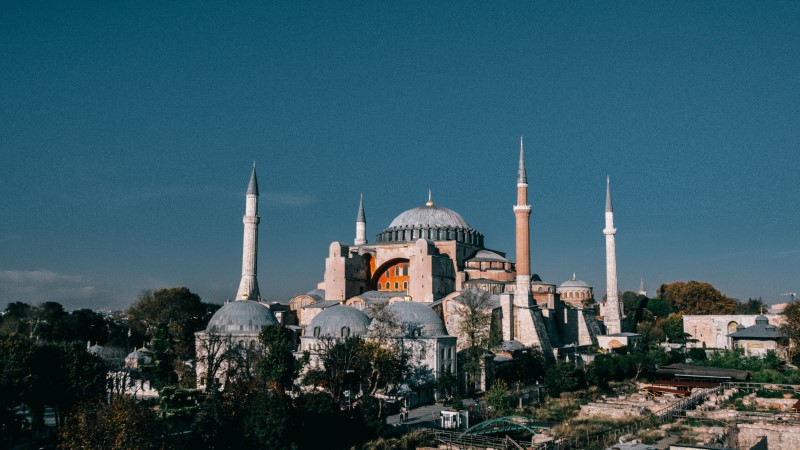
The "Dostuk" Deal: Boosting Pan-Turkic Energy Cooperation
By Natalia Konarzewska
June 1, 2021
Turkey, Turkmenistan and Azerbaijan envision closer, trilateral economic cooperation. The recent, landmark agreement between Azerbaijan and Turkmenistan on the development of the Kepez/Serdar offshore field, renamed ''Dostluk'' or ''Dostlug” (“Friendship”), which ends a decades-long conflict between the two countries, promises to boost pan-Turkic energy cooperation. Also, Turkey’s new connectivity with Azerbaijan and the Caspian Basin after the Nagorno-Karabakh ceasefire agreement has the potential to reinvigorate Ankara's economic relations with the Turkic nations of Central Asia. Even though the current feasibility of new energy infrastructure projects is uncertain, the importance of the deepening relationship of Turkey, Azerbaijan and Turkmenistan is above all geopolitical, and its implications are not lost on Russia and Iran, which have already been alarmed. Ankara's pan-Turkic successes in the Caspian Basin and in Central Asia presage an intensified geopolitical competition in these regions.
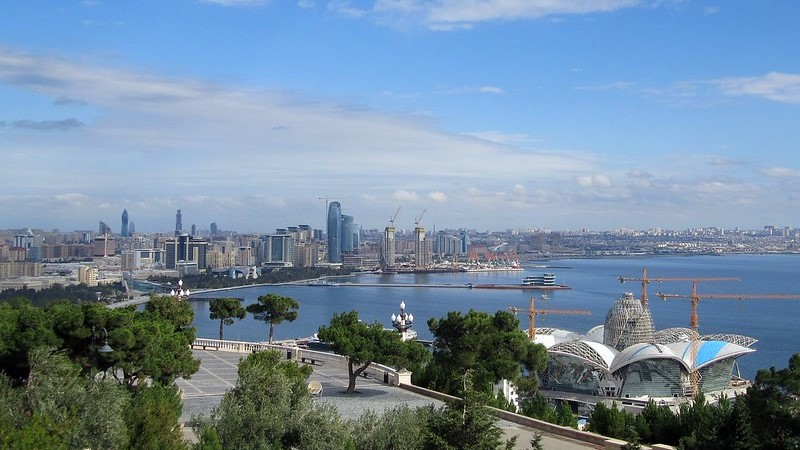
Turkey's Rise as an Inter-regional Power Requires Rapprochement with Egypt
By Michaël Tanchum
May 29, 2021
On May 5 and 6, 2021, Turkey's deputy foreign minister visited Cairo, heading a delegation of Turkish officials to engage in exploratory rapprochement talks with their Egyptian counterparts. The first visit to Egypt by senior Turkish government officials since 2013, the landmark discussions were the culmination of Ankara's spring 2021 diplomatic outreach to Egypt. Beyond the goals of ameliorating Turkey's isolation in the Eastern Mediterranean and its exclusion from the multinational effort to develop the region's offshore energy reserves, Ankara's outreach to Egypt reflects a larger recalibration of Turkey's grand strategy. Ankara has come to understand that to realize its vision of transforming Turkey into an inter-regional power with commercial reach across the Middle East and greater East Africa region, Turkey must end its eight-year strategic antagonism to Cairo. By addressing Egypt's concerns about Turkey's support for the Muslim Brotherhood in particular, Ankara may find a geopolitical modus vivendi with Cairo that would facilitate Turkey's aspiration to play a leading role in the emerging commercial architecture linking the Eastern Mediterranean, the Arabian Peninsula, and the wider East Africa region.
